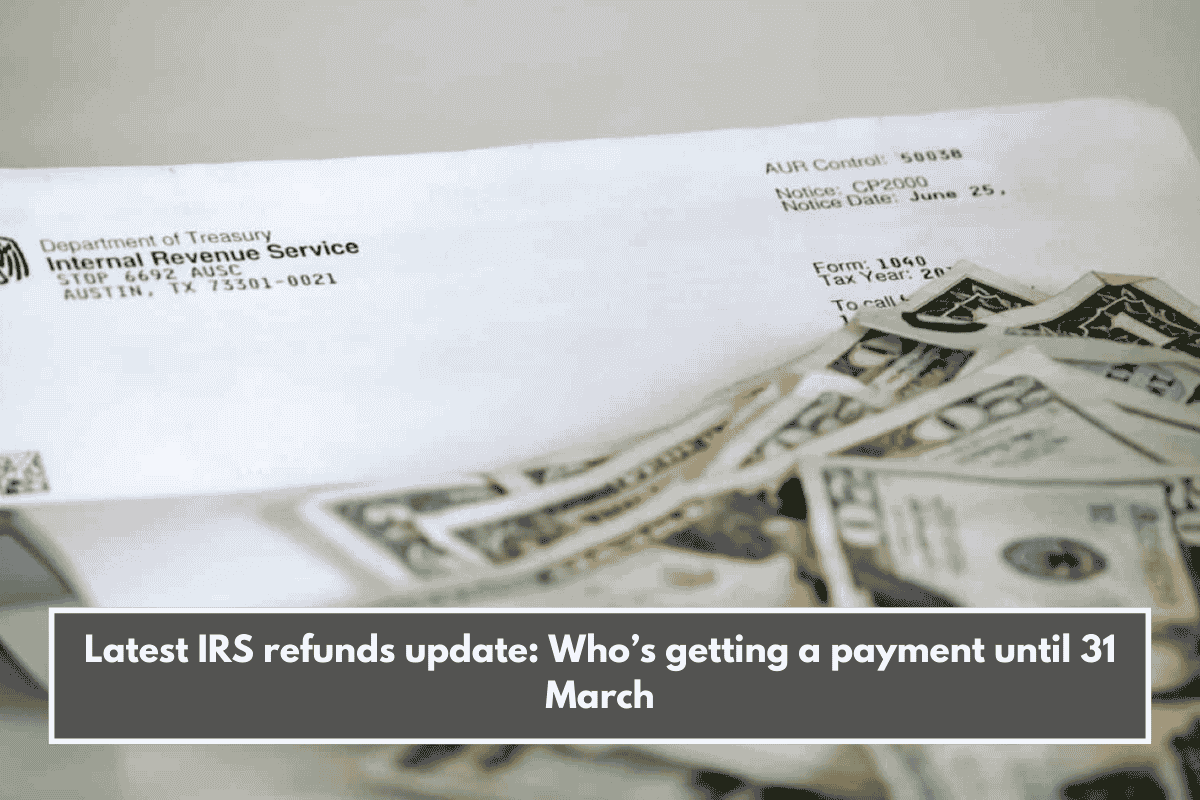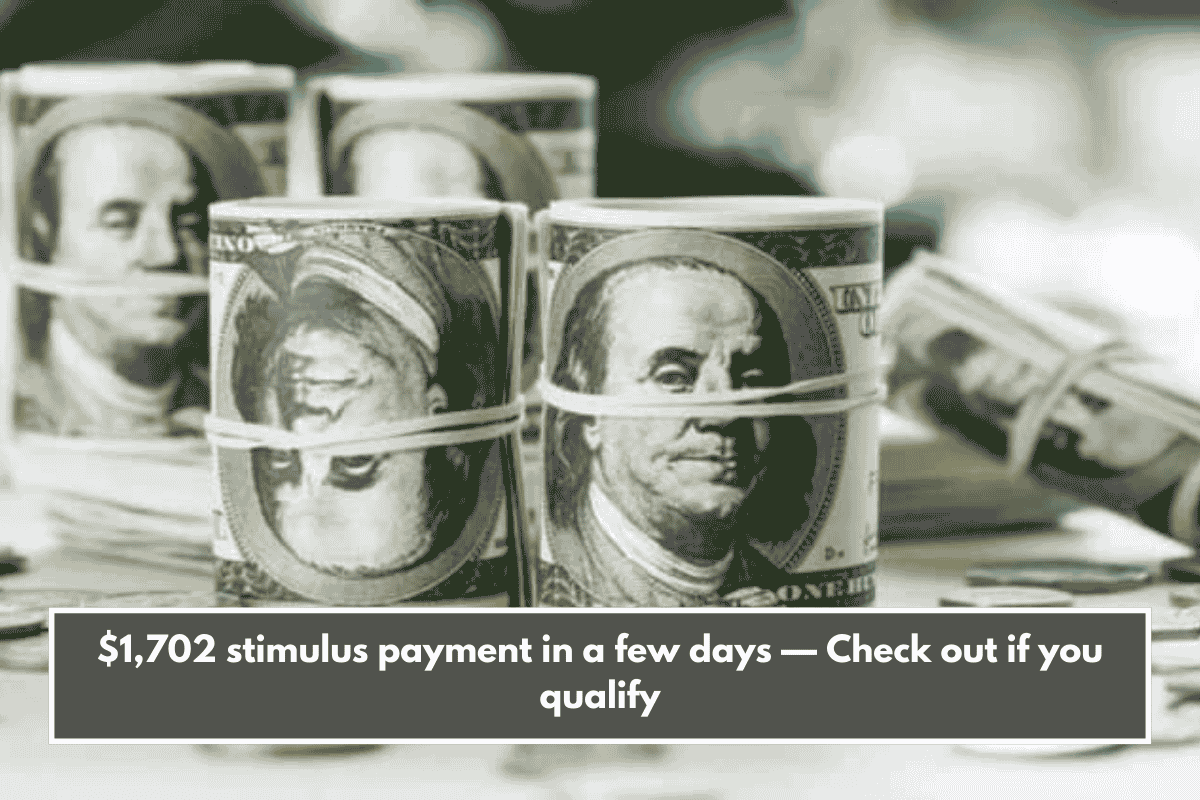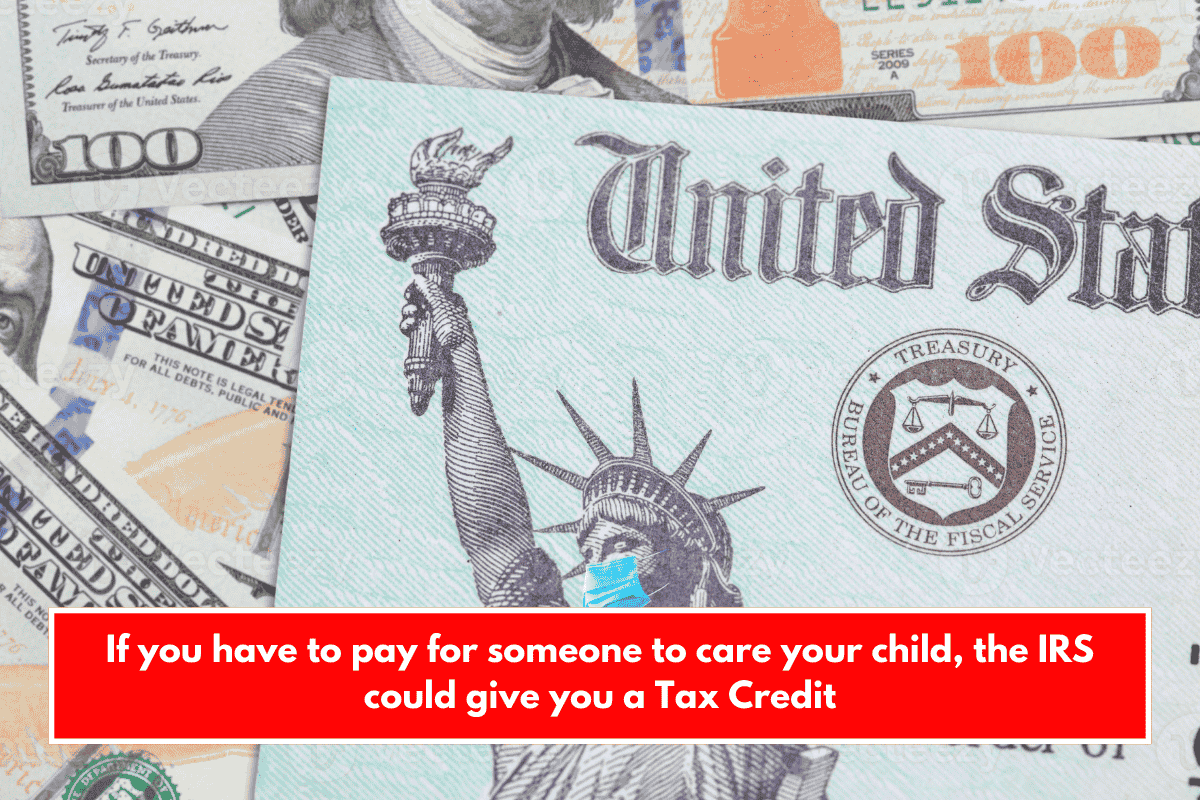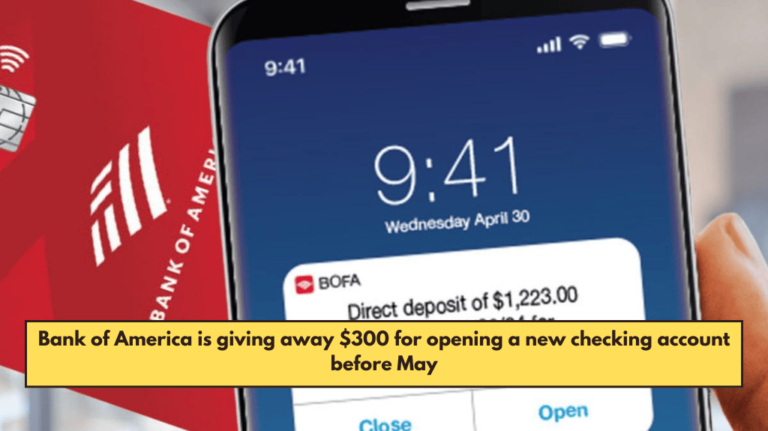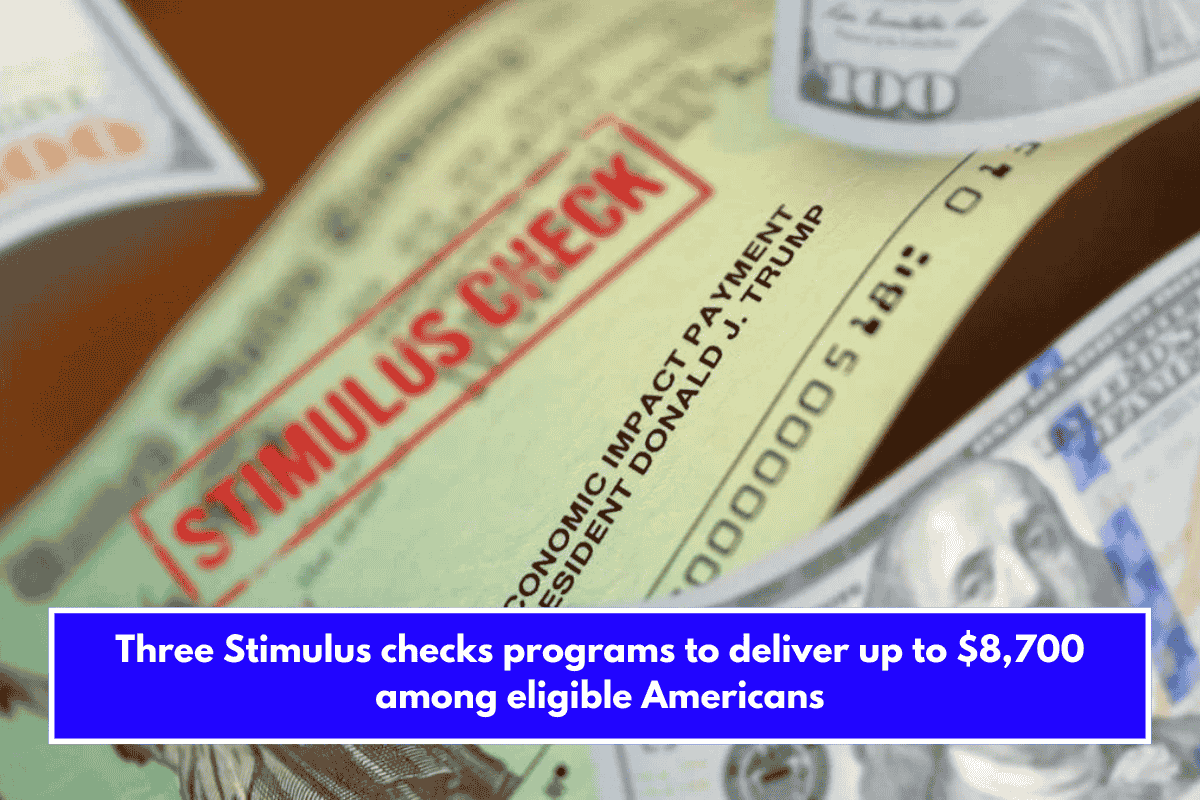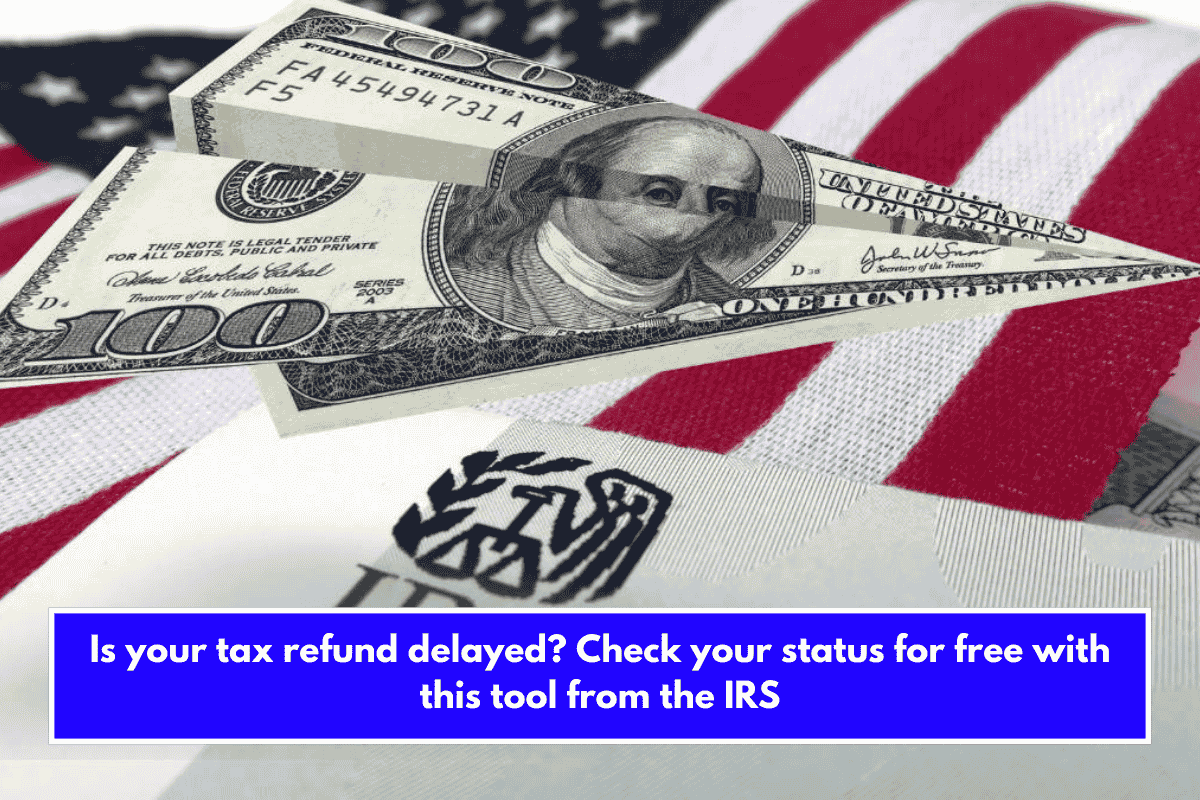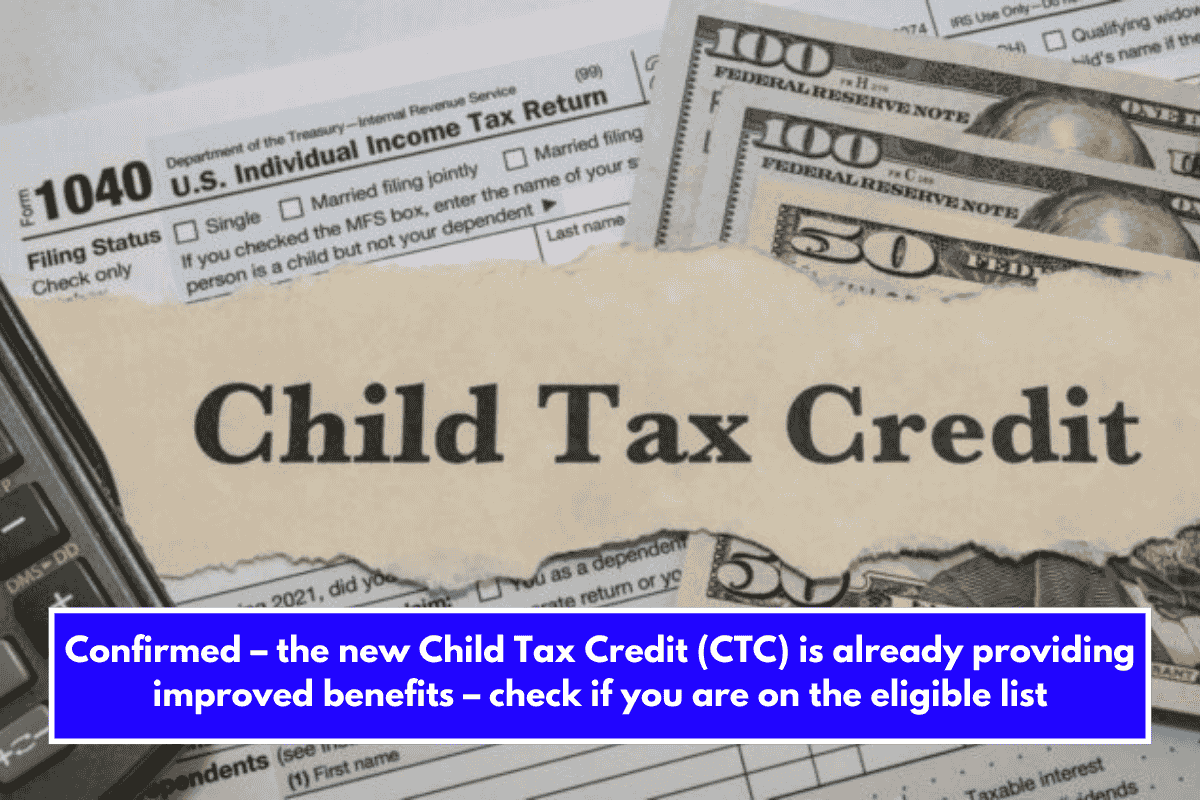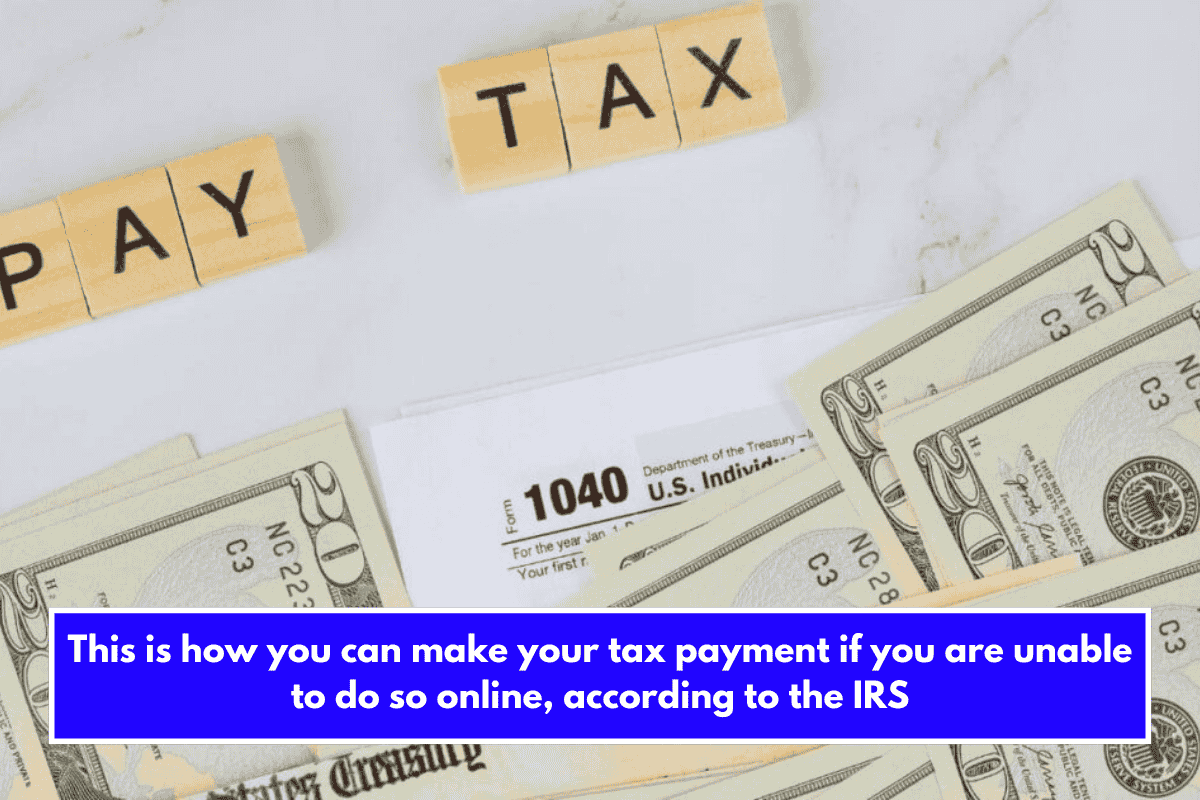We are approaching the end of the 2025 tax season, which officially closes on April 15 (excluding any extensions granted to some taxpayers), and millions of Americans are waiting for their tax refunds, some of which appear to take longer than they would like.
Wait, it’s not necessarily a “bad” thing if your tax refund is late, but there has to be a reason why the Internal Revenue Service (IRS) is taking longer than usual. Waiting for an IRS refund can be like watching water boil; the more you need it, the slower it appears to move.
But don’t worry—it’s not always fate’s fault. Sometimes technical details slow down the process. What is the good news? If you know where to look, you can avoid many of these pitfalls.
The most common reasons that delay your tax refund
Let us start with the basics. Errors in your statement are the traditional “invisible enemy.” A misspelled Social Security number, incorrect calculations, or missing documents can all cause your procedure to be held up for manual review.
And, as outdated as it may sound, the IRS still relies on humans to resolve these issues, which adds up to extra days (or weeks).
Did you know that claiming tax credits such as the EITC or ACTC can cause your money to pause? These benefits are useful, but the IRS closely monitors them to prevent fraud.
If there are inconsistencies, expect to wait up to six months. Similarly, if there are suspicions of identity theft, the agency will freeze everything until it is confirmed that you are requesting the refund.
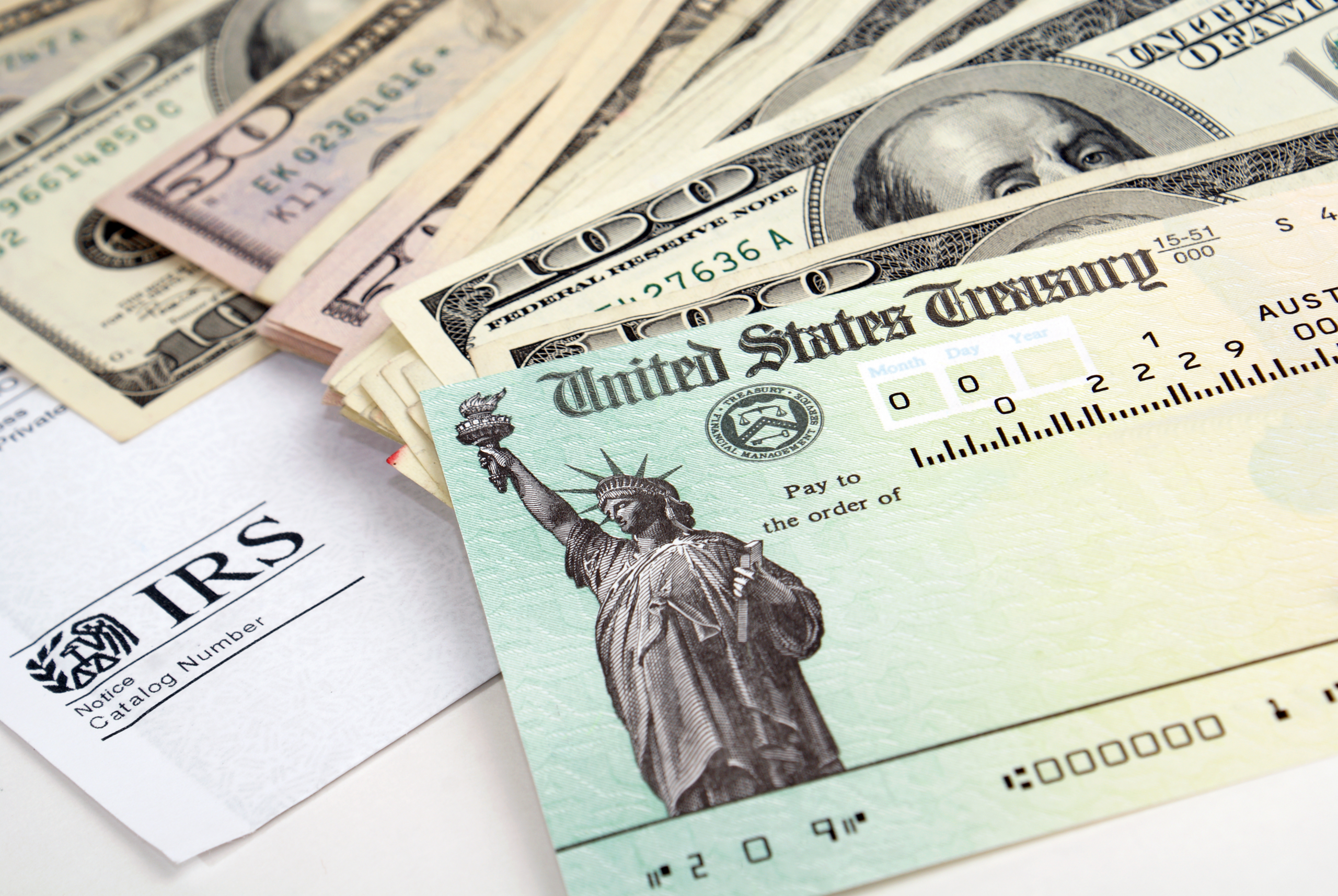
Another detail that many people overlook: issues with direct deposit. One incorrect digit in your bank account can cause your money to be transferred to another account or returned to the IRS.
Worse, if you have outstanding debts (such as back taxes or student loans), the law allows your refund to be used to pay them off before they reach you.
And don’t underestimate the risk of procrastination: if you didn’t file returns in previous years, the IRS may withhold your current refund until you get your situation back on track.
The same is true during peak seasons, such as April, when the volume of procedures overwhelms the systems and millions of people wait until the last few days to file their tax returns.
What can you do to unblock the process? The IRS recommends these actions
First, remain composed and review your statement as if it were a final exam. Check the numbers, add each calculation twice, and make sure to include all forms. A tip? Using software like TurboTax or H&R Block helps to reduce common errors, but you should still double-check everything before submitting.
If you have already filed and have not received your refund, visit the IRS website and use the Where is my refund tool. There, you’ll see if there are any specific alerts, such as requests for more documents. If they ask you for something, respond quickly: every day of delay means more waiting.
When the problem is more serious (and you need the money right away), call 1-877-777-4778, explain your urgency (for example, a medical expense or the threat of eviction), and they will see if there is anything they can do to speed up the process. Of course, have all of your documents on hand to expedite assistance.
What if the error was the IRS’s? It does occur, albeit infrequently. If it has been more than 21 days since your electronic return was accepted, contact the agency directly. Persistence (and a little patience) usually solves everything here.
Also See:- IRS Tax Credits Of Up To $2,000 Coming in 2025 – Will you get it? Check Eligibility








